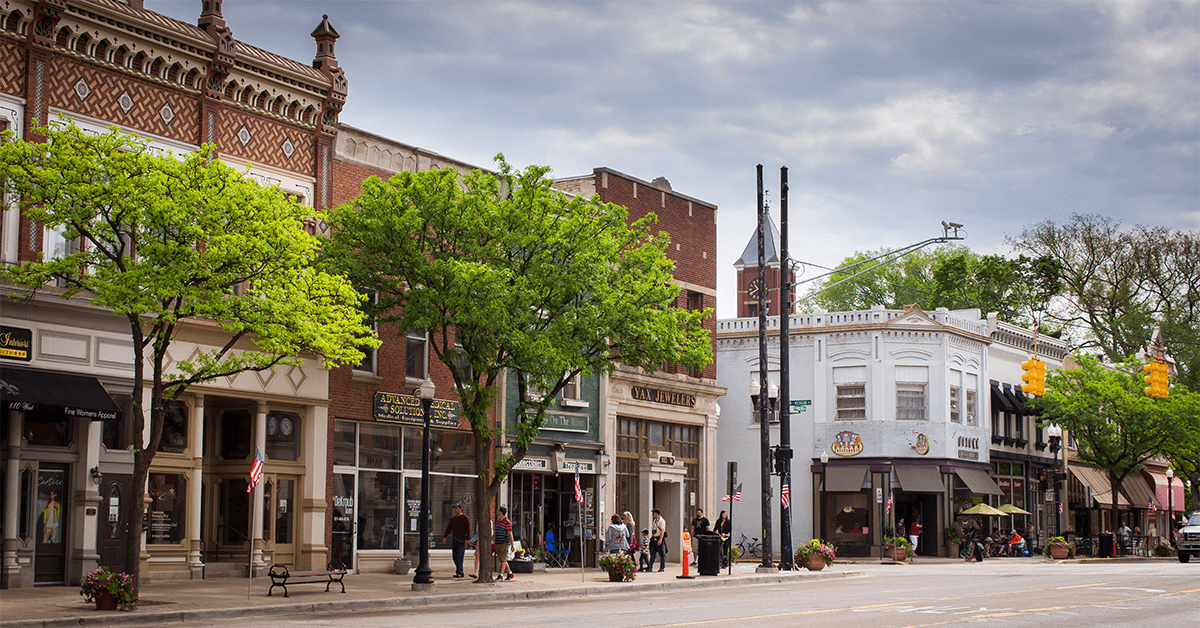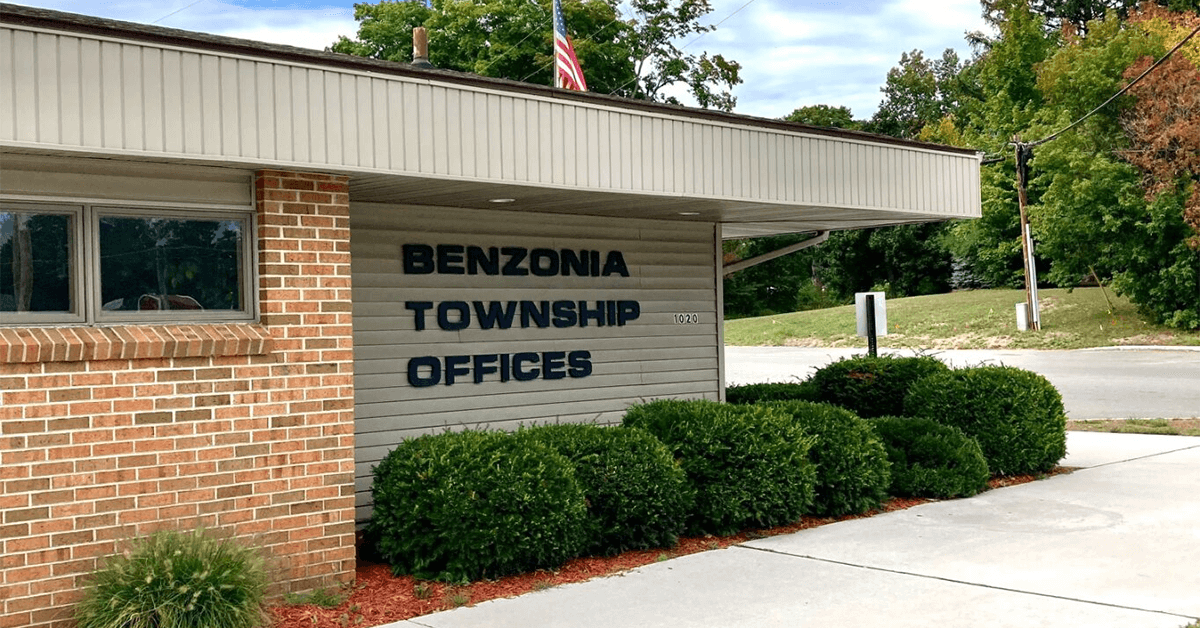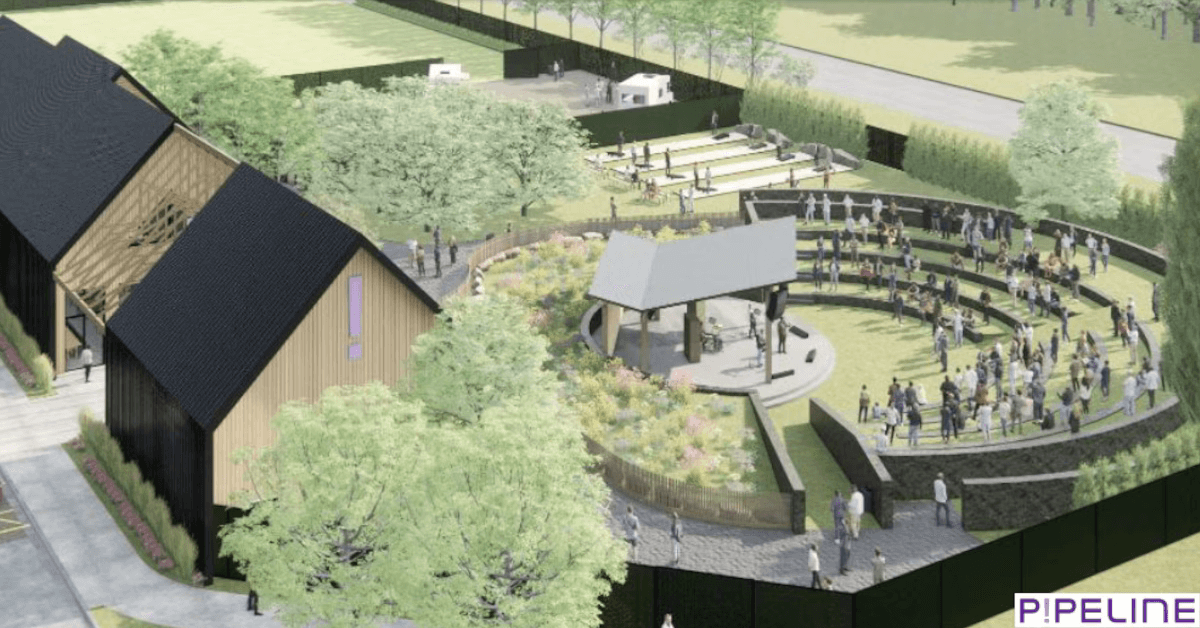Mixed Reactions to Cannabis Dispensaries Across Michigan Communities

As Michigan's cannabis industry flourishes, it continues to provoke mixed reactions within communities, reflecting a complex landscape of economic benefits and societal concerns.
In Metro Detroit, from densely populated areas like Detroit to smaller communities such as Utica and Mount Clemens, the proliferation of cannabis dispensaries has sparked diverse opinions. In Macomb County, the growing number of dispensaries is advertised on numerous billboards, a sight that has not gone unnoticed by residents.
Jackie Rottmann, a local resident, expressed her dissatisfaction, noting, "I think it's really a bad thing. I don't think it's really something we need on every corner." This sentiment contrasts sharply with the views of others like Joyce Dixon from Mount Clemens, who sees the dispensaries as beneficial. "It feels like more business helps the community," Dixon stated.
Neighborhood responses vary significantly. In Clinton Township, community leaders have responded to public opinion by prohibiting dispensaries. "Residents of this community did not want and voted not to have any marijuana facility in the township so they can't buy it here," explained Bob Cannon, the township supervisor. This decision also extended to limiting billboard advertisements within the community.
In contrast, Detroit seems to embrace the economic opportunities presented by the cannabis industry. Councilwoman Mary Waters highlighted the positive impact of cannabis businesses in revitalizing buildings, creating jobs, and enhancing the local tax revenue. Waters emphasized the importance of strategic location planning for dispensaries to align with community values, particularly concerning proximity to schools and churches.
Noise and traffic issues are also part of the community feedback. Paul Gutleber, who lives adjacent to a dispensary, likened the situation to "a drag strip every day," pointing out the less desirable effects of having a dispensary nearby.
The state of Michigan now boasts over 700 retail cannabis stores, a number supported by industry advocates like Matthew Abel, who argues that the market should dictate the number of operational dispensaries. Abel cited significant financial contributions to local government coffers from licensing fees, with Detroit and Wayne County receiving substantial sums.
Despite the economic advantages, the sentiment is not universally positive. Rottmann acknowledges the job creation from the cannabis industry, which totals approximately 46,000 full-time positions in Michigan, but remains skeptical about the overall benefit to society, remarking on the omnipresence of cannabis advertising.
The dialogue around cannabis in Michigan showcases a balance between economic incentives and community values, underscoring the need for careful regulation and thoughtful integration of cannabis businesses into the fabric of local communities.
Share this article:
Spotted a typo, grammatical error, or a factual inaccuracy? Let us know - we're committed to correcting errors swiftly and accurately!








 Helpful Links
Helpful Links